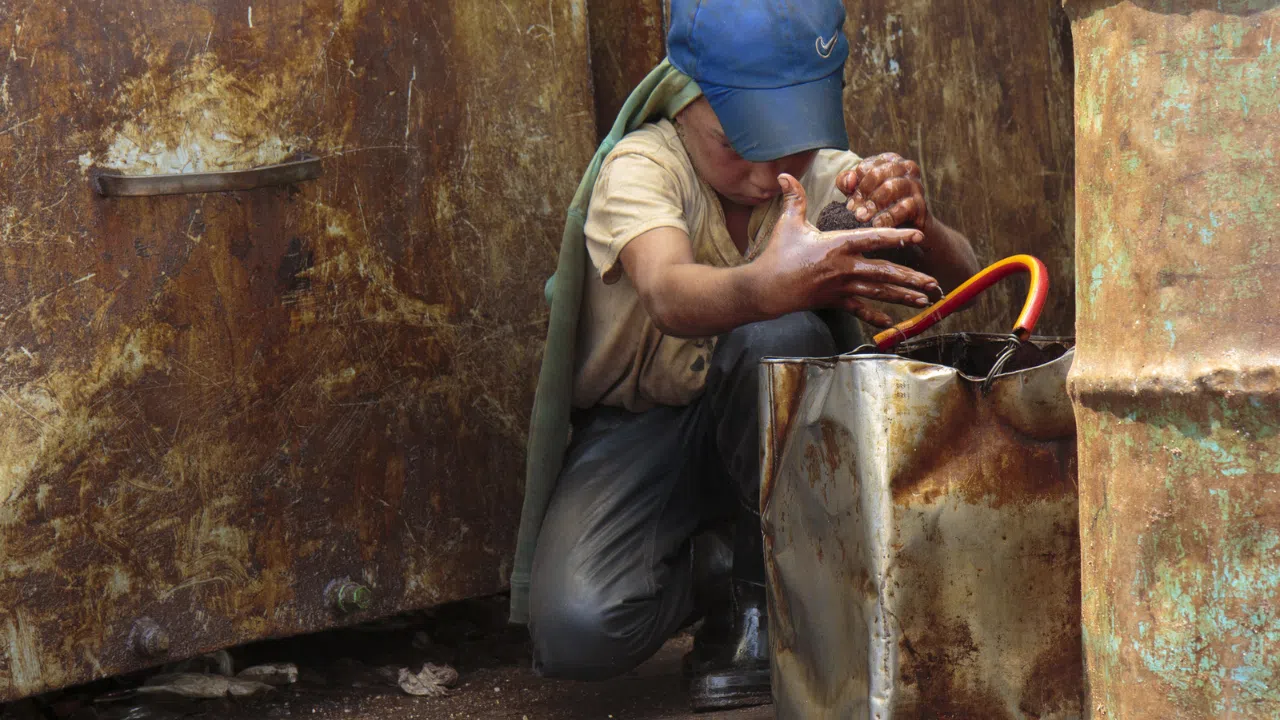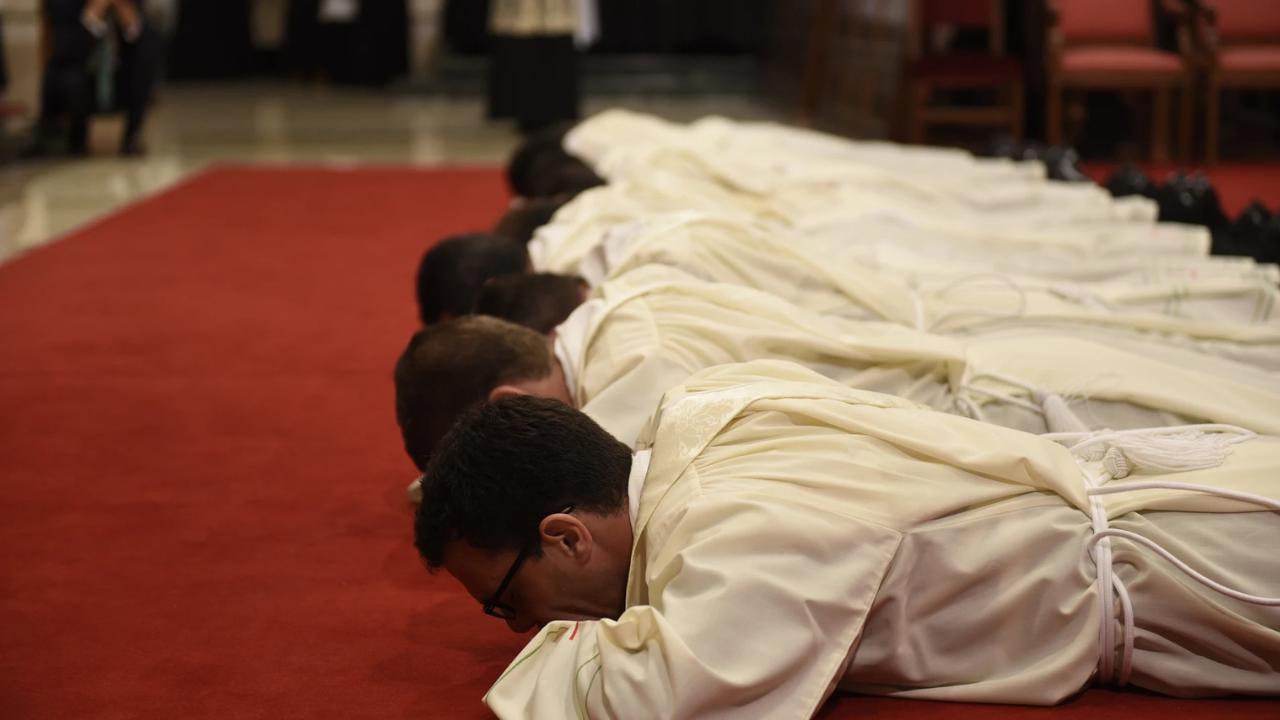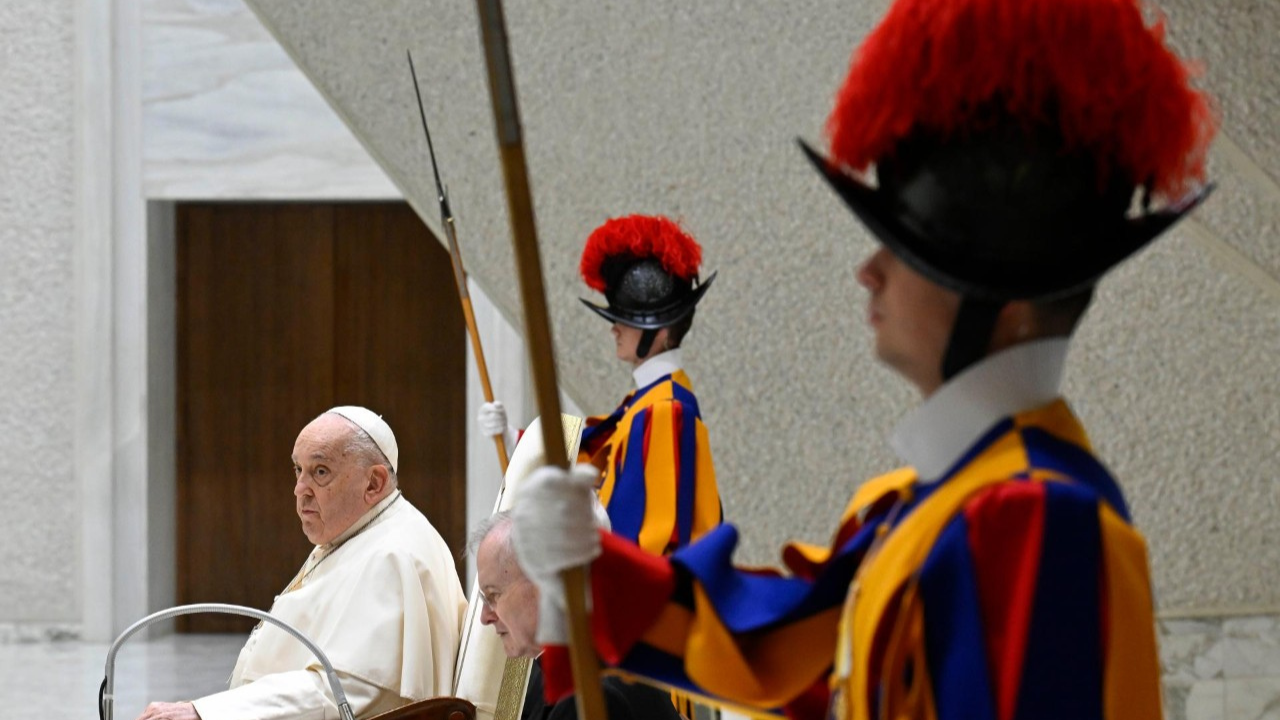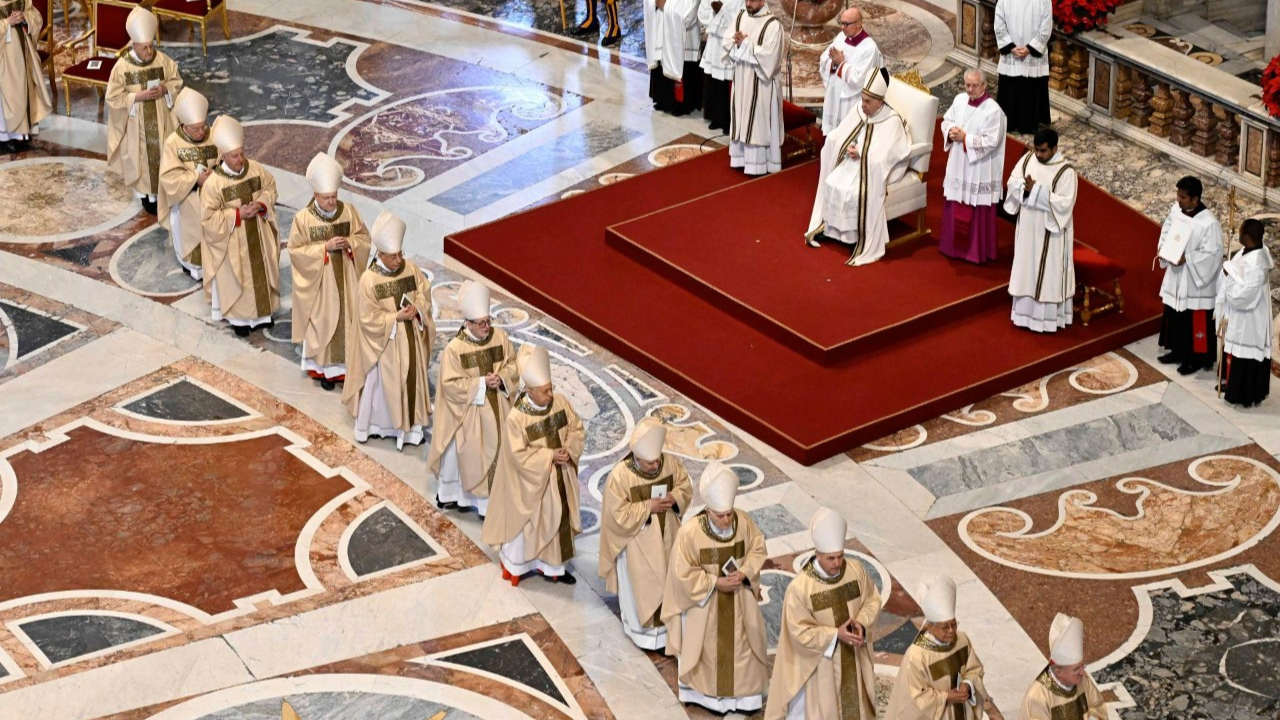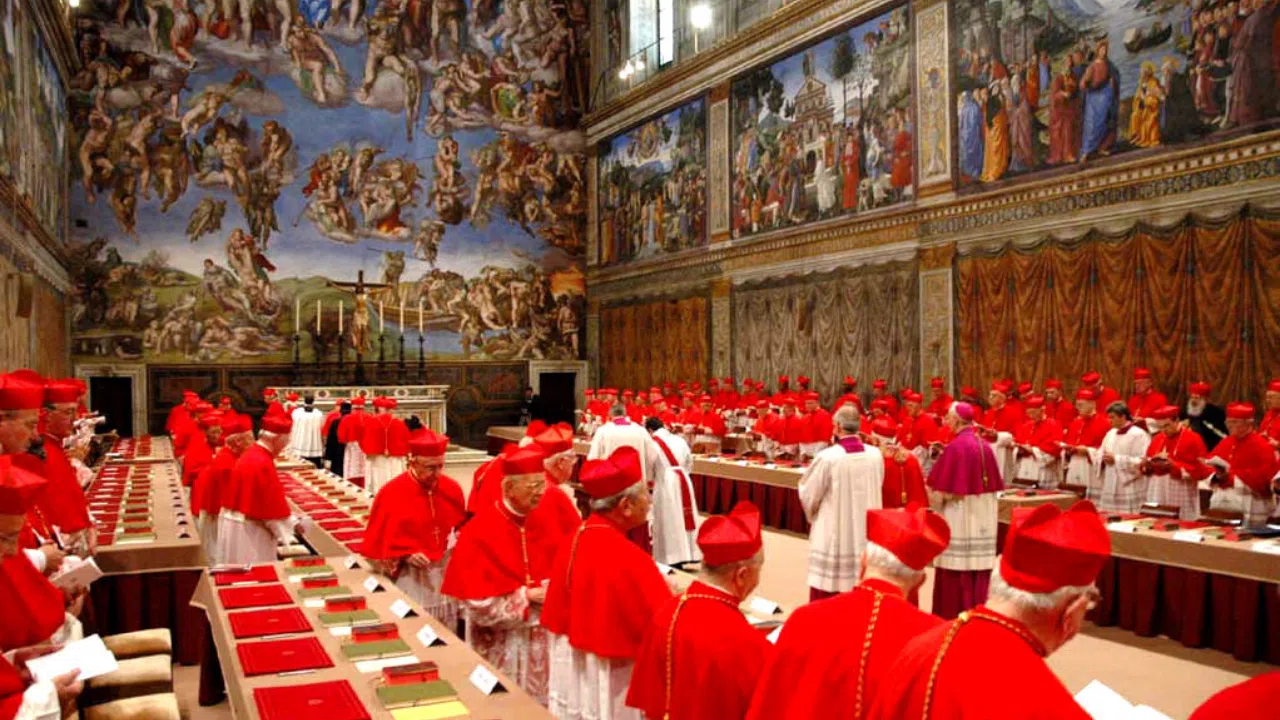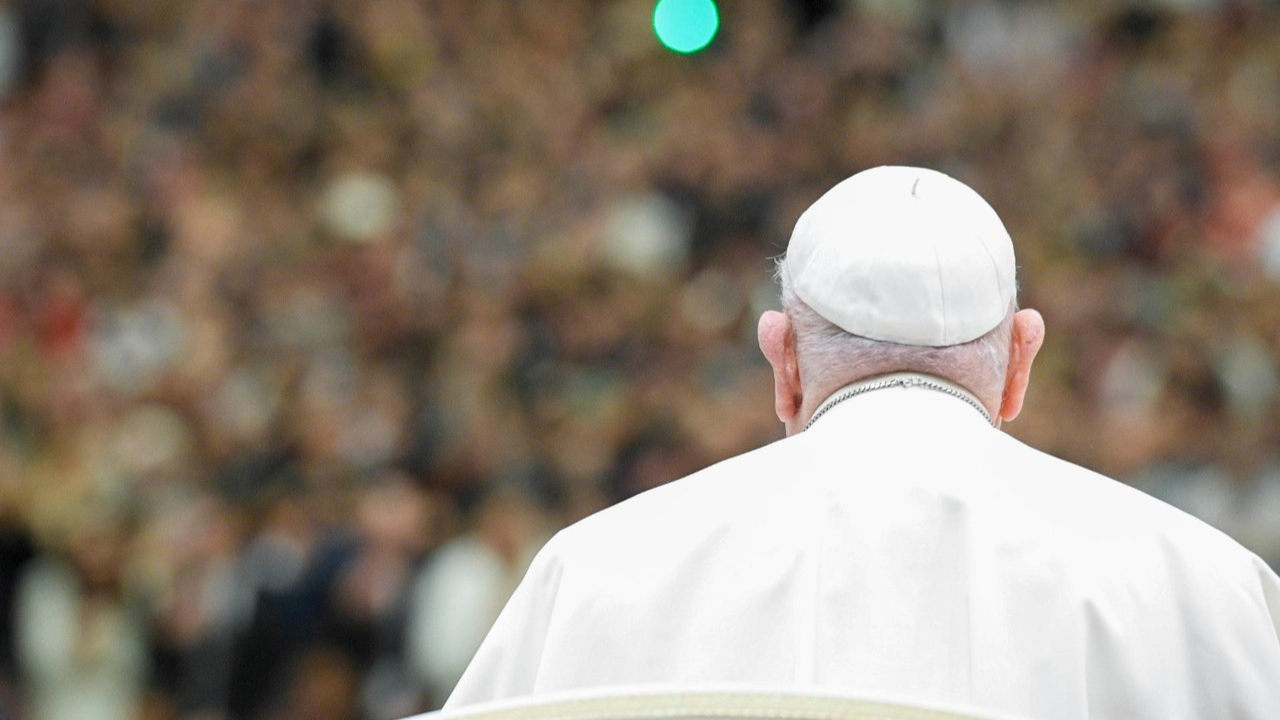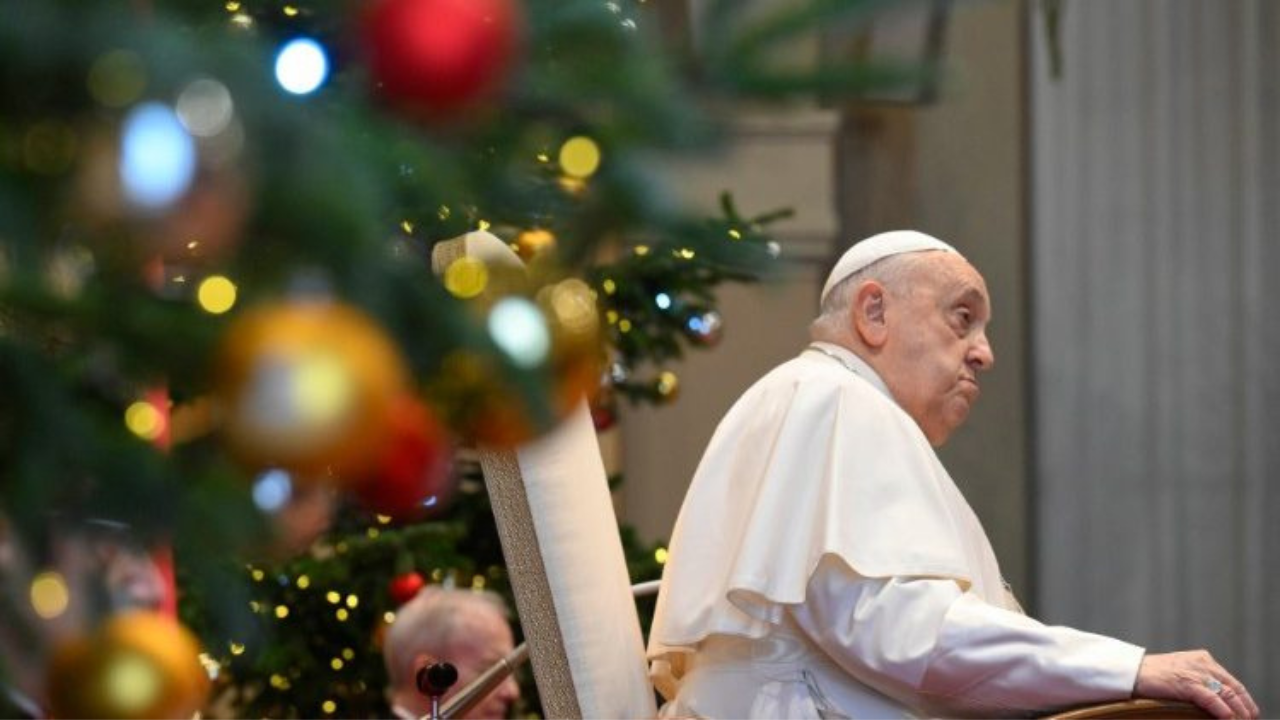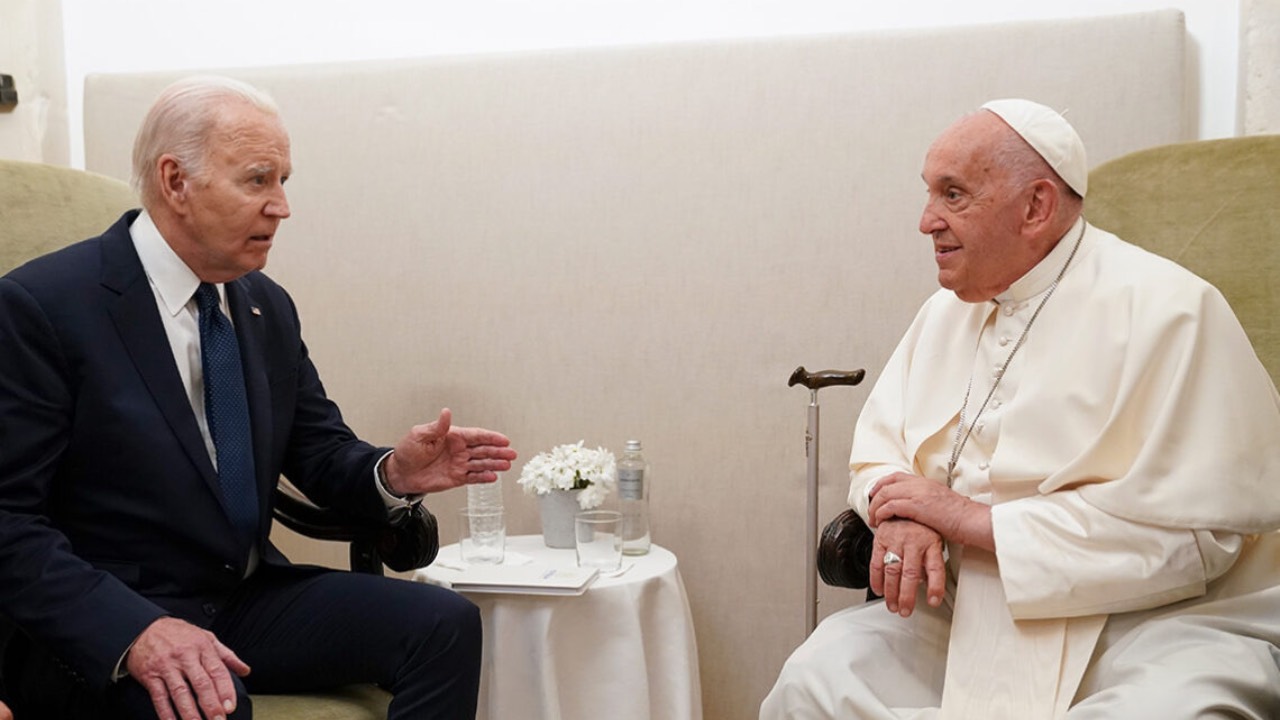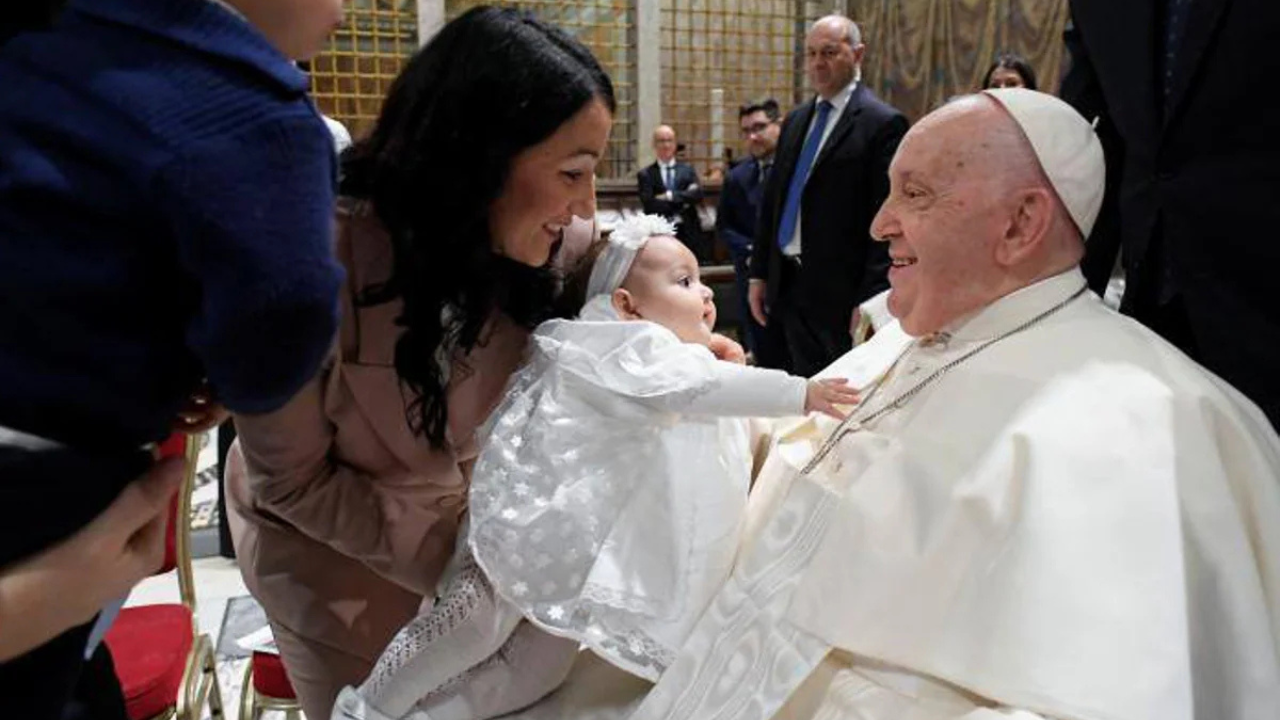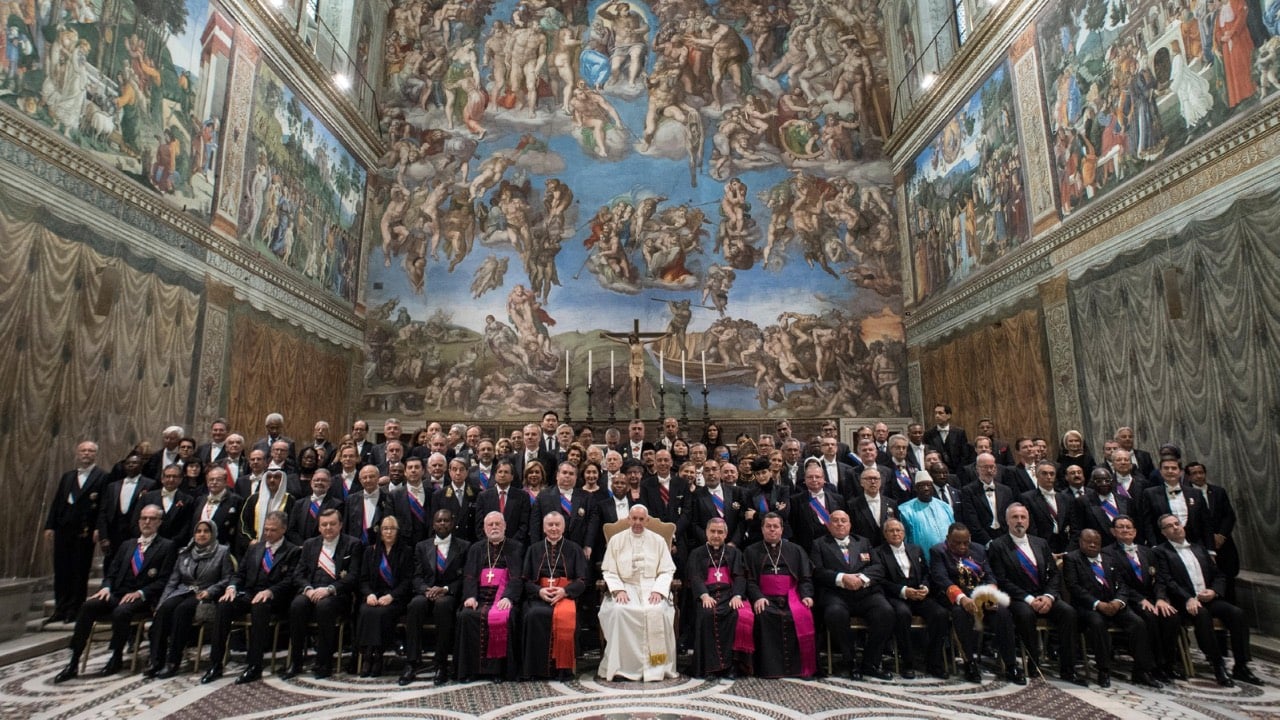Just days ago, Hong Kong's National Security Police arrested the city's bishop emeritus, and held him for several hours before he was released on bail. The 90-year-old Cardinal Joseph Zen was accused of foreign colusion for his role in organizing a relief fund for the demonstrators arrested during Hong Kong's pro-democracy protests in 2019.
The arrest of an elderly anti-authoritarian activist and high-ranking member of the Church shows China's encroaching influence in the semi-autonomous region. Yet Cardinal Zen's arrest is not the only incident of China targeting religious officials in a country where freedom of religion is supposedly protected by the constitution. A recent report by the organization Open Doors placed China among the the countries with the highest levels of religious persecution, which it performs with all of the resources available to it.
1. MANIPULATION
The Chinese Communist Party has repeatedly worked to create confusion and present organized religion as a foreign idea alien to Chinese culture.
Two years ago, Catholic students publicly condemned the government for distorting the teachings of Jesus. A government textbook quoted the story of Jesus forgiving the sins of a woman who had committed adultery.
But the ending was different than the one we know. Jesus famously asks the crowd around her to “let the one who has never sinned throw the first stone.” But after the crowd slowly leaves, the textbook said Jesus stoned the woman himself, saying “I, too, am a sinner. But if the law could only be executed by men without blemish, the law would be dead.”
2. RESTRICTIONS ON THE YOUTH
The Communist Party is particularly concerned with shaping young people, who aren't as swayed by state propaganda.
In certain provinces in the country, minors under 18 are banned from entering churches and participating in religious activities. For Christians, this means that individuals cannot be baptized until they turn 18, leaving many people to practice their faith secretly, in churches set up in homes and apart from authorized places of worship.
3. SURVEILLANCE
All religious activities are closely watch, and places of worship have surveillance cameras that monitor both pastors and congregations.
Pastors are given recommendations by government authorized churches to promote the state. In fact, pastors last year reported that they had been given a script to highlight certain aspects of Chinese President Xi Jinping's ideology.
4. WORKER DISCRIMINATION
Civil servants and government employees, which are a much larger proportion of the population than in countries with a market economy, are expected to be loyal to the Communist Party. Teachers and healthcare workers must participate in state-organized activities, and Christians or others who profess a faith are excluded from career advancement.
This is not only the reality for public companies, but for private ones as well, which are also subject to state control and pressured by the government if they hire religious employees.
5. ARRESTS AND DETENTIONS
Cardinal Zen's recent arrest, and subsequent release on bail is not an isolated case. Just a year ago, in May 2021, the Catholic bishop of Henan province, Joseph Zhang Wizhu was arrested for months along with a group of priests and theology students.
Shortly after, just last summer, four protestant Christians were charged with jail sentences ranging from 18 months to six years for selling audiobibles. Just more examples of the government's targeting of religion.
This kind of persecution, which in certain cases even leads to martyrdom, can plant the seeds for the Church to grow. The truth is that the number of Christians in China has consistently grown in recent years, and currently Open Doors estimates that there are 96.7 million of them, the majority of whom are protestant.
